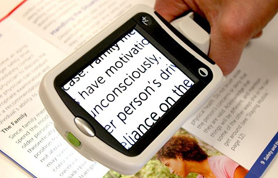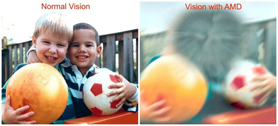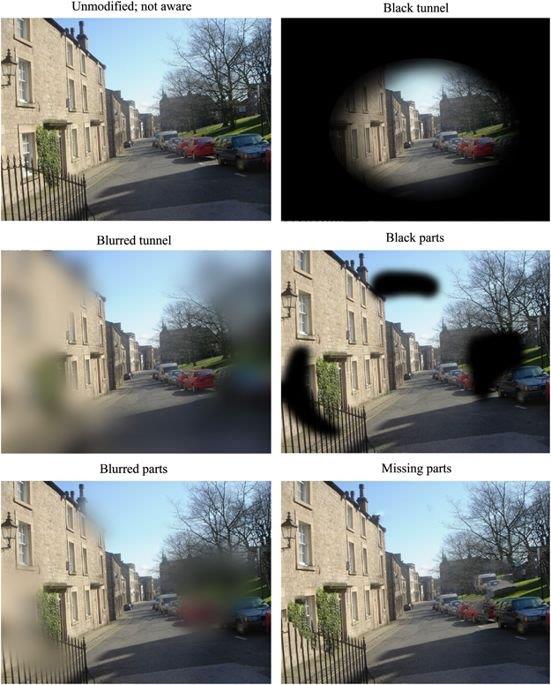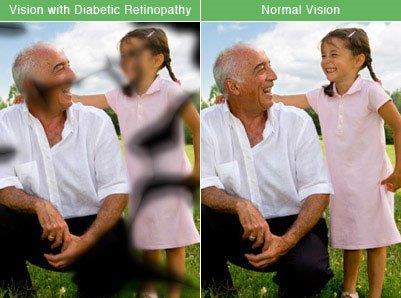
What is LOW VISION?
Low Vision is a bilateral impairment to vision that significantly impairs the functioning of the patient and cannot be adequately corrected with medical, surgical, therapy, conventional eyewear or contact lenses.

What are symptoms of LOW VISION?
It is often a loss of sharpness or acuity but may present as a loss of field of vision, light sensitivity, distorted vision or loss of contrast.

What are the causes of LOW VISION?
Children as well as adults can be visually impaired, sometimes as a result of a birth defect or an injury. Low vision is mostly a problem that afflicts seniors. Aging process like macular degeneration or distorted and/or blurred from Diabetic Retinopathy are a few causes along with glaucoma or Retinitis Pigmentosa can lose their peripheral vision and have difficulty seeing at night.Vision loss can be very traumatic, and leads to frustration and depression.

How does LOW VISION SERVICES CURE?
Low Vision services do not cure the cause of the vision problem but rather utilize the remaining vision to its fullest potential. Low vision care does not replace the need for other concurrent treatments such as laser, medication and surgery. Low vision specialists prescribe prescription eyewear, filters, microscopic-telescopic eyewear, magnifiers, adaptive equipment, closed circuit television systems, independent living aids, training and counsel patients.
